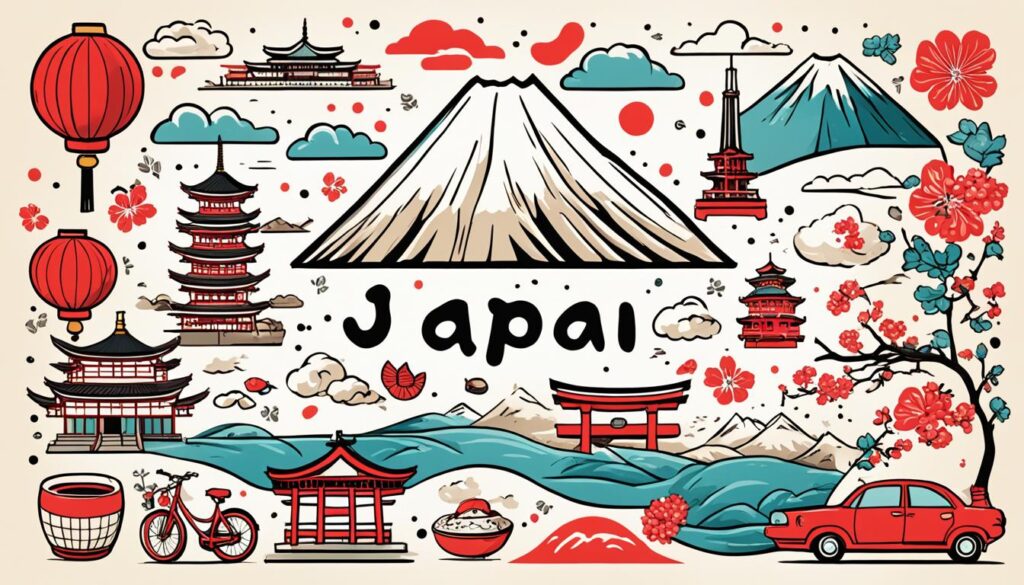Learning basic Japanese phrases is essential for navigating everyday situations in Japan. Whether you’re traveling, shopping, or eating out, knowing how to say “today” in Japanese can be useful.
When referring to the current day, the word for “today” in Japanese is “kyou” (今日). It is a simple and straightforward way to express the concept of the present day.
To pronounce “kyou,” break it down into syllables: “kyo” and “u.” The “kyo” sounds like “kyo” in “kyoto,” and the “u” sounds like “oo” in “food.” Put them together to say “kyou.”
Equivalent words for “today” in Japanese include:
- “本日” (honjitsu) – a more formal way to say “today.”
- “今日は” (konnichiwa) – a greeting used during the day that can also mean “today.”
- “今日中に” (kyouchuu ni) – meaning “within today.”
In Japanese writing, “今日” (kyou) is typically written using two kanji characters. The first character means “now” or “this,” and the second character means “day.” Together, they create the meaning of “today.”
The word “today” in Japanese holds contextual and cultural significance. It is commonly used in greetings like “kon’nichiwa” (こんにちは), which means “hello” or “good day.” Additionally, the concept of “today” plays a vital role in daily conversations, scheduling appointments, and planning activities.
Now that you know how to say “today” in Japanese, you can confidently use it in various situations to communicate effectively and immerse yourself in the Japanese language and culture.
How to Say “Hello” in Japanese: Basic Greetings
Starting with basic greetings is essential when learning any language. In Japanese, there are different ways to say “hello” depending on the time of day. Each greeting has its own specific usage and cannot be interchanged.
During the day, the common greeting is Kon’nichiwa. Use it when meeting someone or as a general greeting during the daytime.
In the evening or at night, the appropriate greeting is Konbanwa. It is used to say hello during the evening hours.
To greet someone in the morning, use Ohayou gozaimasu. This is the appropriate morning greeting in Japanese.
Learning these basic Japanese greetings will help you navigate social interactions and make a positive impression when communicating with native speakers.
Remember to use these greetings accordingly, based on the time of day, to show your respect for Japanese culture and customs.
How to Say Basic Phrases in Japanese

Besides greetings, it’s important to learn basic phrases that can help you navigate everyday situations. Knowing how to say “yes” and “no” is essential, along with phrases like “thank you” and “you’re welcome.” In Japanese, “hai” means “yes,” “iie” means “no,” “arigatou gozaimasu” is a formal way to say “thank you,” and “dou itashimashite” is used as a response to thank you, meaning “you’re welcome.” Other phrases like “daijobu” (meaning “all right” or “OK”) and “gomen nasai” (meaning “I’m sorry”) are also commonly used in conversation.
| English | Japanese |
|---|---|
| Yes | Hai |
| No | Iie |
| Thank You | Arigatou gozaimasu |
| You’re Welcome | Dou itashimashite |
| All Right | Daijobu |
| I’m Sorry | Gomen nasai |
Useful Phrases When Shopping in Japan
Shopping in Japan can be a unique experience, and it’s important to know some useful phrases to navigate the shopping culture. Here are a few essential Japanese phrases for your next shopping expedition:
| Japanese Phrase | English Translation |
|---|---|
| daijoubu desu | it’s all right / I’m good |
| iranai | I don’t want it |
| ikura desu ka? | how much is this? |
| kore o kudasai | I’d like to buy this |
When rejecting an offer, you can use the phrase daijoubu desu or iranai to politely decline. To inquire about prices, you can ask ikura desu ka? And when you’ve found something you want to purchase, simply say kore o kudasai.
Now you’re equipped with the essential Japanese phrases for shopping! Practice using them and enhance your shopping experience in Japan.
Useful Phrases for Traveling in Japan
Traveling in Japan can sometimes be challenging, especially if you’re not familiar with the language. To navigate transportation systems, you can use phrases like “kippu uriba wa doko desu ka?” (meaning “where can I buy tickets?”) or “kono densha wa … ni ikimasu ka?” (meaning “does this train go to…?”). When asking for directions, phrases like “eki wa dokodesu ka?” (meaning “where is the station?”) can be helpful. Additionally, in crowded situations, you can use phrases like “yamete kudasai” (meaning “please stop”) if someone is touching or harassing you.

